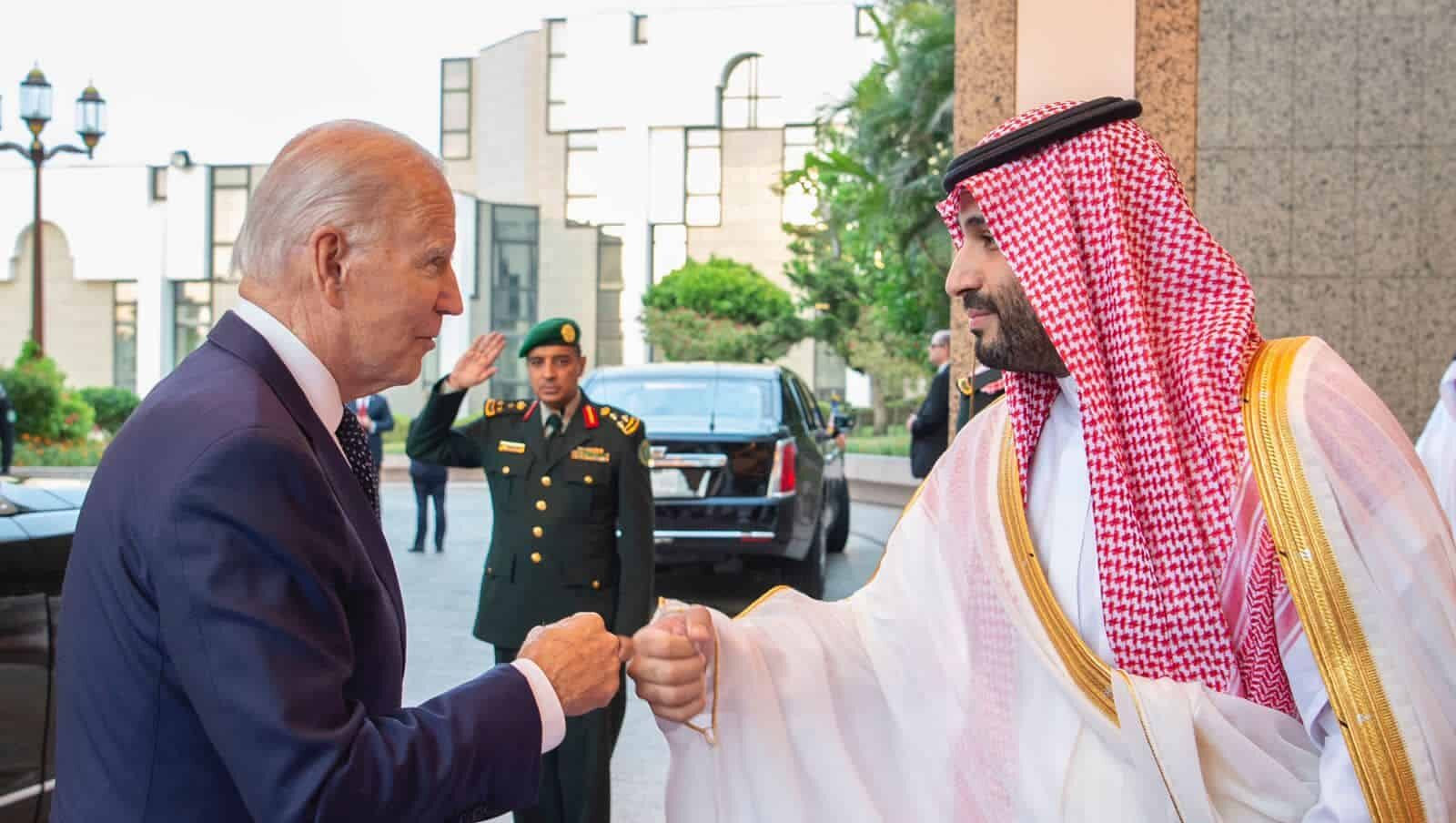Dubai, UAE – Amid the political turmoil in Israel over Prime Minister Benjamin Netanyahu’s attempt to diminish the Israeli Supreme Court’s powers, the United States and Saudi Arabia are exploring the possibility of a US-Saudi mutual security pact, Thomas L. Friedman wrote in his latest column for New York Times.
As part of this potential deal, Saudi Arabia would normalize relations with Israel, contingent on Israel making concessions to the Palestinians that would preserve the possibility of a two-state solution.
President Biden has dispatched his national security adviser, Jake Sullivan, and Middle East policy official, Brett McGurk, to Saudi Arabia to engage in exploratory talks. While the president has not yet made a final decision on whether to proceed with the negotiations, the talks have gained momentum, the column revealed.
“Peace between Israel and Saudi Arabia, the custodian of Islam’s two holiest cities, Mecca and Medina, would open the way for peace between Israel and the whole Muslim world, including giant countries like Indonesia and maybe even Pakistan. It would be a significant Biden foreign policy legacy,” Friedman writes.
The deal would also present a challenging dilemma for the ruling coalition in Israel, which includes Jewish supremacists and religious extremists.
“You can annex the West Bank, or you can have peace with Saudi Arabia and the whole Muslim world, but you can’t have both, so which will it be? Now wouldn’t that make an interesting discussion around Netanyahu’s cabinet table?” Friedman argues.
The Saudis, according to Friedman, have expressed interest in three main things from the United States: a NATO-level mutual security treaty, a civilian nuclear program monitored by the US, and the ability to purchase advanced US weapons. In return, the US is seeking an end to the conflict in Yemen, a significant aid package for Palestinian institutions in the West Bank, and limitations on Saudi Arabia’s growing ties with China.
Friedman emphasizes that any agreement would necessitate extensive negotiations and requires the buy-in of various stakeholders. The deal would be the first mutual security pact the US signs with a nondemocratic government since the one with South Korea in 1953, and it would require Senate approval.
One crucial aspect of the potential deal would be the demand that Israel makes meaningful concessions to preserve the two-state solution. If the Biden administration were to make a deal without a significant Palestinian component, it could undermine the Israeli democracy movement and the cornerstone of US Middle East diplomacy.
Friedman suggests that at a minimum, the US and Saudi Arabia could demand four things from Netanyahu in exchange for normalization and trade:An official promise not to annex the West Bank;.No new settlements or expansion of existing ones in the West Bank;.No legalization of wildcat Jewish settlement outposts;.And transferring some Palestinian-populated territory from Israeli control to Palestinian Authority control as per the Oslo accords.
In return, the Palestinian Authority would need to endorse the peace deal between Saudi Arabia and Israel.
Friedman acknowledges that the chances of success are slim, but a successful deal would have significant implications for regional stability and peace efforts.
“But if Biden decides to try for it and the US could put on the table a deal that is hugely in America’s strategic interest, hugely in Israel’s strategic interest, hugely in Saudi Arabia’s strategic interest (admitting it into a very exclusive club of countries with a U.S. security umbrella) and revive Palestinian hopes for a two-state solution, that would be a very, very big deal,” Friedman writes.

